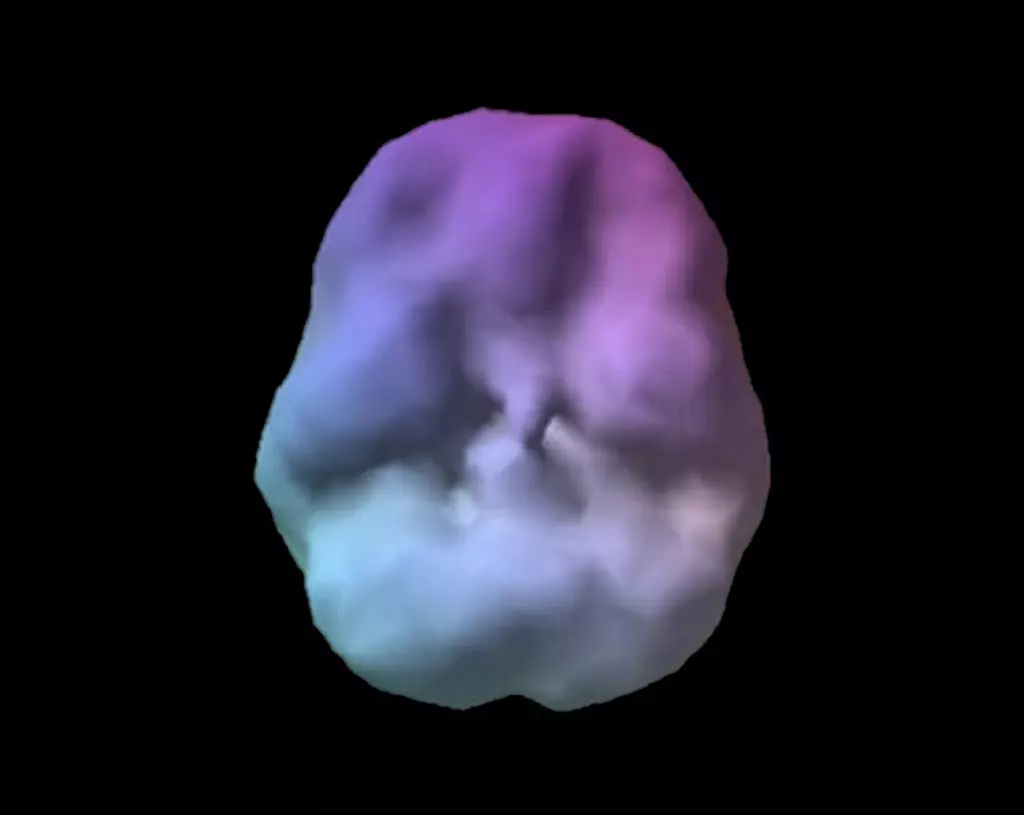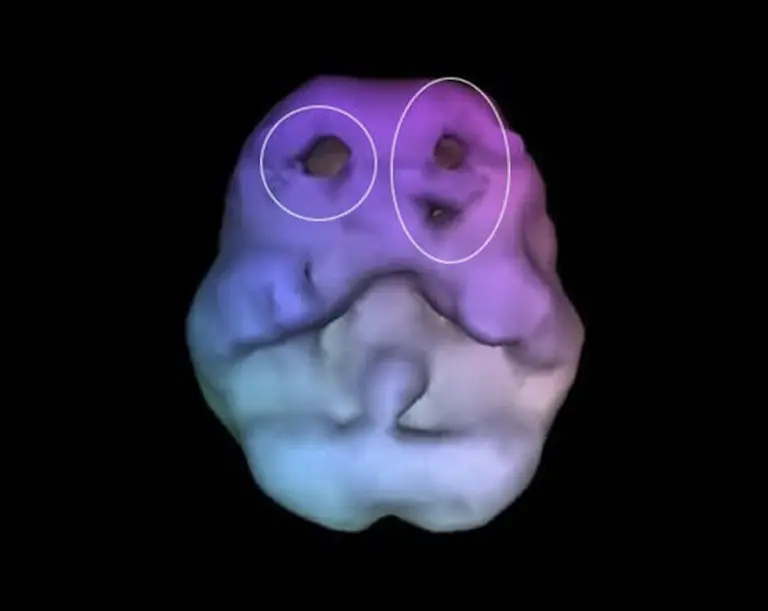Behavioral and School Problems
Unlike traditional psychiatry, which rarely looks at the brain, Amen Clinics uses brain imaging technology to identify brain patterns associated with behavioral problems and school problems.
What are Behavioral Problems and School Problems?
Almost everybody has had a fleeting moment of doing something really stupid or inappropriate. Kids and adolescents can sometimes interrupt their teachers, refuse to obey parents and other authority figures, or get aggressive with siblings or classmates. And adults can occasionally bring everybody down with negative talk, do something manipulative, or explode with anger. That’s normal. But when this type of conduct becomes a long-lasting pattern with negative impacts at work, at home, or at school, that’s when it’s considered a behavioral problem.
Who has Behavioral or School Problems?
Behavioral problems are common in children, adolescents, and teenagers and can lead to serious school problems. Although some kids grow out of their inappropriate behavior, others don’t. When left untreated, these issues can continue and even worsen in adulthood. It’s important to understand that problems with aggression, anger, compulsiveness, defiance, negativity, nervousness, or impulsivity can also develop at any time of life—childhood, college, mid-life, or even well into retirement age. Be aware that any change in behavior or worsening of a behavior issue is worth investigating.
What Are The Core Symptoms?
If your child is struggling with any of the following behavior on a regular basis, it can be signs of conduct disorders, oppositional defiant disorder (ODD), ADD/ADHD, depression, anxiety, bipolar disorder, autism spectrum disorder, or anger issues (such as intermittent explosive disorder).
- Aggression or anger
- Impulsive tendencies
- Compulsive tendencies
- Negativity
- Nervousness
- Manipulative tendencies
- Disruptive or inappropriate behavior
- Inattention
- Defiance
- Antisocial behavior
What Causes Behavioral Problems?
There are many causes of problem behaviors, including biological issues (such as traumatic brain injuries or a genetic predisposition), psychological issues (such as mental health conditions), and social issues (such as stressful life events, a dysfunctional family environment, growing up in poverty, or poor nutritional status).

Untreated or misdiagnosed behavioral problems and school problems make you more likely to:
- Have to repeat a grade in school
- Get suspended or expelled from school
- Have trouble landing and keeping a job
- Have trouble maintaining relationships
- Are more likely to be argumentative
- Difficulty with concentration
- Have family dysfunction
- Abuse drugs or alcohol
- Emotional withdrawal
- Learning difficulties
- Obsessive thoughts
- Disruptive talking
- Become obese
- Self-harm
- Hoarding
- Go to jail
Why Choose Amen Clinics for Treating Behavioral Issues and School Problems?
Our brain imaging research has shown that behavioral problems aren’t just one thing. In fact, there are multiple types of behavioral disorders and many factors that can contribute to school problems. Giving every child with excessive impulsivity or negativity the same treatment will never work. Knowing which type of brain pattern is involved is essential to getting the right diagnosis and the most effective treatment.
Brains Work Differently in People With Behavioral Problems
Behavioral issues and school problems are often related to having too much or too little activity in certain areas of the brain. For example, brain SPECT imaging studies show that:
- Impulsivity issues are often associated with low activity in the prefrontal cortex (the part of the brain involved with focus, forethought, judgment, organization, planning, impulse control, empathy, and learning from mistakes)
- Compulsive tendencies are usually due to high activity in the anterior cingulate gyrus (a structure involved with error detection and shifting attention)
- Irritability and memory issues are typically linked to abnormal activity in the temporal lobes (an area involved in mood stability, emotional reactions, temper control, learning, moving memories into long-term storage, and auditory processing)
- Negativity is often associated with an overactive limbic system (the part of the brain that colors our emotions and is involved with emotions, bonding, nesting, feeding, and sexuality)
- Nervousness is generally due to increased activity in the basal ganglia (a region involved with motivation, pleasure, and smoothing motor movements)

Healthy Brain Scan

Behavioral Problems Brain Scan
SPECT (single photon emission computed tomography) is a nuclear medicine study that evaluates blood flow and activity in the brain. Basically, it shows three things: healthy activity, too little activity, or too much activity. The healthy surface brain SPECT scan on the left shows full, even symmetrical activity. The scan on the right is from a patient that suffers from Attention Deficit Disorder. It was taken during concentration and it reveals decreased blood flow and activity (the areas that look like “holes”) in the brain’s prefrontal cortex.
Ready to learn more? Speak to a care coordinator today!
Contact UsWhy Misdiagnosis and Improper Treatment is Common?
Unfortunately, psychiatry remains the only medical specialty that rarely looks at the organ it treats. In both child psychiatry and adult psychiatry, diagnosis is typically based on symptom clusters, which can often lead to misdiagnosis. Without an accurate diagnosis, treatment usually consists of throwing darts in the dark. Healthcare professionals are quick to prescribe medications that may work for some people but can make other people worse. With other treatments, it is not uncommon for it to take weeks, months, or even years for a child or adult to get an accurate diagnosis and the proper treatment. This amounts to a lot of needless suffering.
At Amen Clinics, we have the world’s largest database of functional brain scans, and our research has shown that behavioral problems aren’t just one thing. In fact, there are multiple types of behavioral disorders and many factors that can contribute to school problems. Giving every child with excessive impulsivity or every adult who struggles with negativity the same treatment will never work. Knowing which type of brain pattern you have is essential to getting the right diagnosis and the most effective treatment.
“With A Better Brain Comes A Better Life”
– Daniel G. Amen, M.D.

